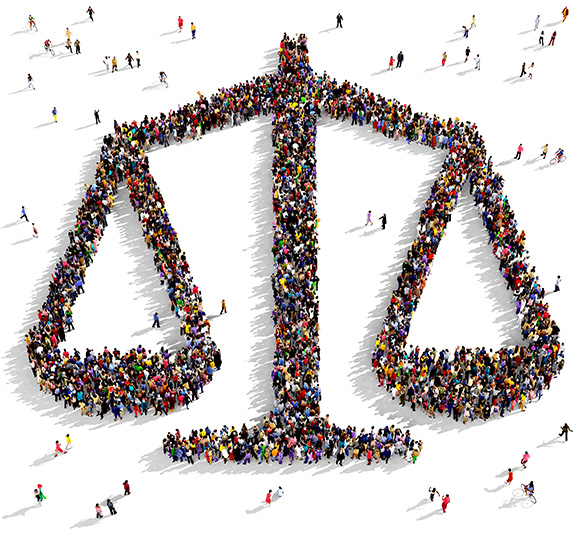The United States has long struggled with asylum and accepting refugees into its borders. This is no secret. It was evident during the Holocaust, when most Americans, despite being fully aware of the atrocities inflicted upon the Jewish people by Nazi Germany, were reluctant or opposed to taking in these asylum seekers.
The somber reality is that there were significant populations of white Americans who were in support of Nazi Germany, and touted ideologies surrounding white power and supremacy.
So, it’s no secret that America has its problems with asylum, that are in desperate need of addressing.
In the early 1980s, America’s official asylum system began to function, thanks to legislation that had been passed in the months prior. In essence, this provided a more structured method of identifying those seeking asylum among greater migrant populations.
However, it is with the legal definition of a refugee where things get convoluted.
According to U.S. law, a refugee is someone who:
- Is located outside of the United States.
- Is of special humanitarian concern to the United States.
- Demonstrates that they were persecuted or fear persecution due to race, religion, nationality, political opinion, or membership in a particular social group.
While the first 2 provisions are quite reasonable, it is the third one that is the most disputed. This is because there are certainly individuals who are fleeing tangible harm from their home countries, but not harm that fits these specific parameters. So, should they still be given asylum? The answer to this question has created a split between the political left that believes the affirmative and the right, which is much more conservative with whom they believe should be granted asylum.
The bottom line is, political agendas and ambiguous language open to interpretation has resulted in a turbulent, broken asylum system in America.
Because of this turmoil, there is no accountability or oversight within the asylum system that can ensure the humane treatment of migrants who arrive at the border. Often, migrants are not provided any resources by border patrol or ICE while they patiently wait to make their cases for asylum. At the border, the heart-wrenching sight of packed communities of tents as makeshift homes and people crowding around the border is visible. In fact, so bad is this system, that at one point, the migrants themselves had to compile a pen-and-paper list of everyone who needed an appointment with ICE to seek asylum, because the officials actually in charge of this simply did not bother to do so.
Other common issues include refusal by ICE to provide translators and providing migrants with ludicrous court dates for timings as late as 2 A.M. so that there is an increased chance of missing the hearing. Once a migrant misses their hearing, their case is almost always automatically rejected, and the judge orders for deportation.
Moreover, the issue of family separation and detention in general is still going mostly unaddressed from a legislative standpoint. Migrants seeking asylum are being forced to live in dangerous, unsanitary conditions away from their children, with no information from ICE on the length of their detention or when they will be permitted to see their families again.
In general the asylum system is so incredibly backlogged, that the average wait time for hearings is 1,621 days, or roughly 54 months. Migrants at the border upon arrival are barely sustaining themselves in tents with scarce food or water. Surviving there for over 4 years is close to impossible and nor should anyone have to endure this. The fix for the 1.6 million pending cases is so laughably simple, but of course, the expectations for ICE to actually reform are below the ground.
It’s more than obvious the asylum system as of now is setting refugees up for failure, which is deplorable in its own right. This is the polar opposite of what this institution was created to accomplish. Instead of providing shelter for those fleeing hardship, this country is detaining and subsequently deporting those who truly do deserve the designation of refugee.
Behind every case is a name, a face, and each one deserves to be heard in a timely manner with respect and compassion. For a nation that prides itself on being a melting pot, we cannot be leaving out key ingredients, without which leaves a bitter taste in the mouths of many.

